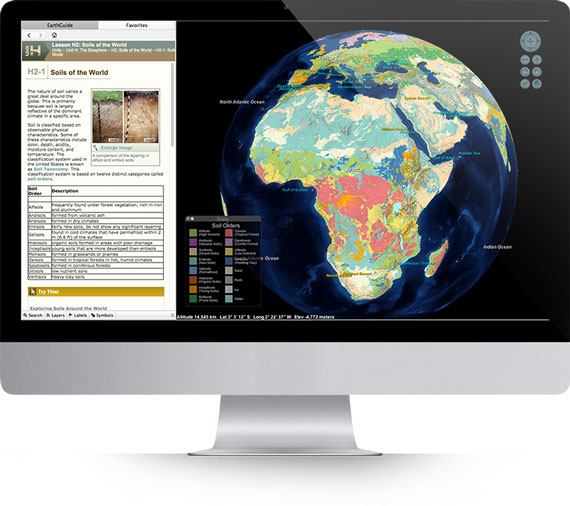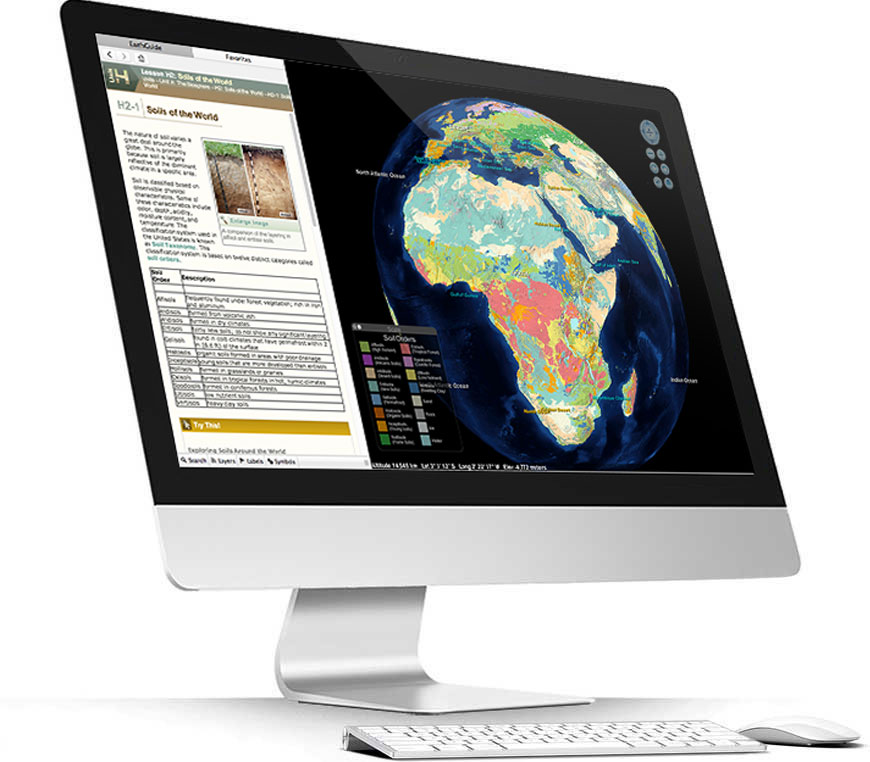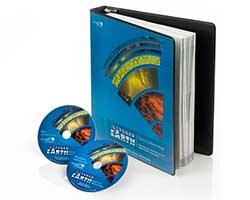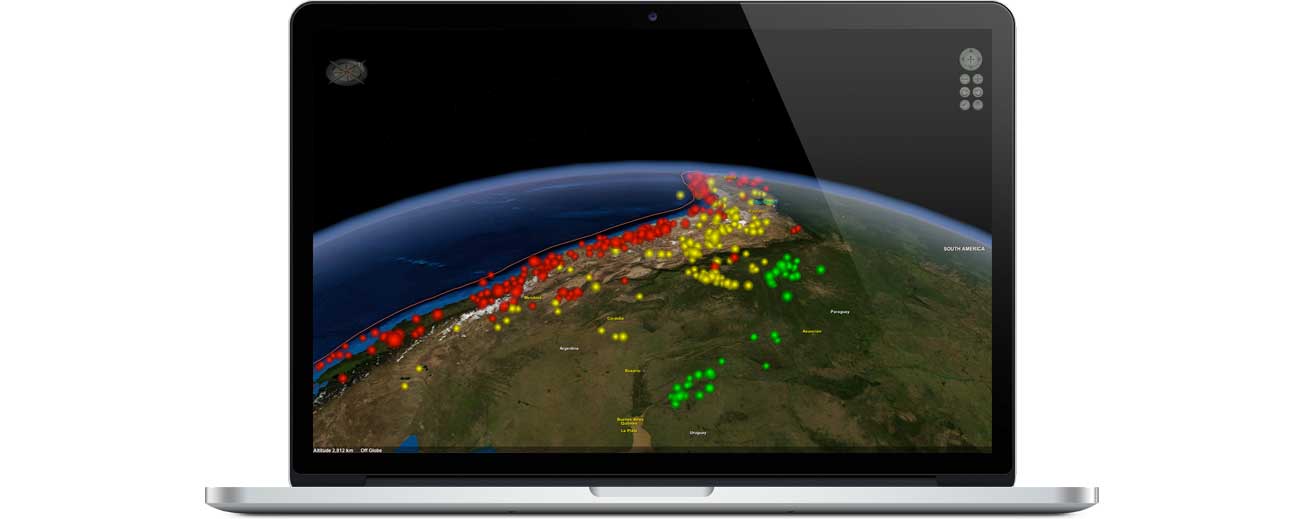-
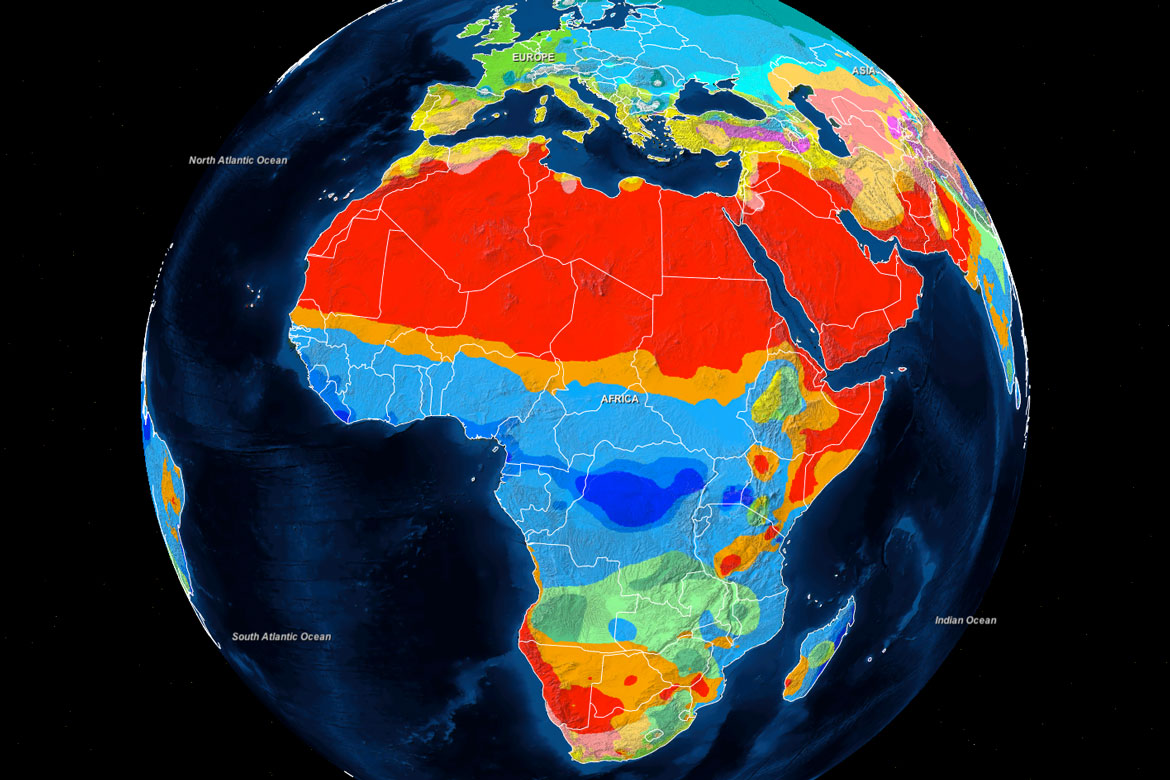 World Climate ZonesPhysical Geography - Lesson D3The Köppen Climate Classification System
World Climate ZonesPhysical Geography - Lesson D3The Köppen Climate Classification System -
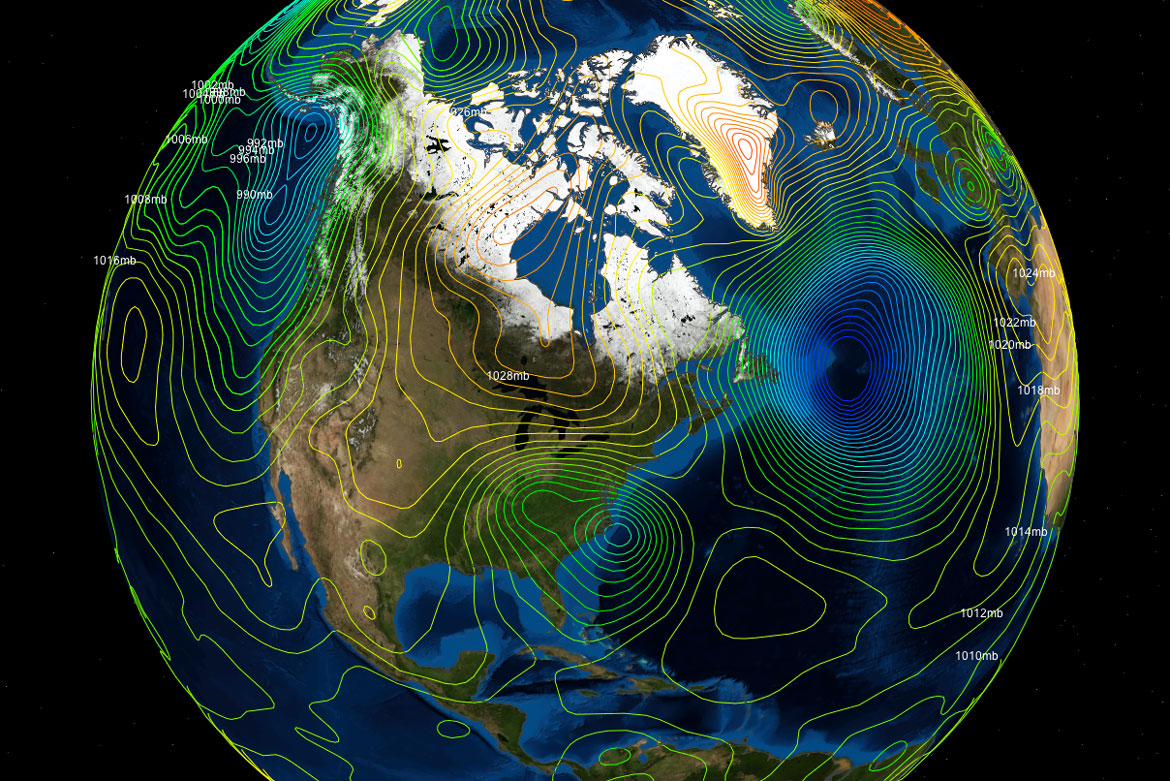 Atmospheric PressurePhysical Geography - B7Isobars
Atmospheric PressurePhysical Geography - B7Isobars -
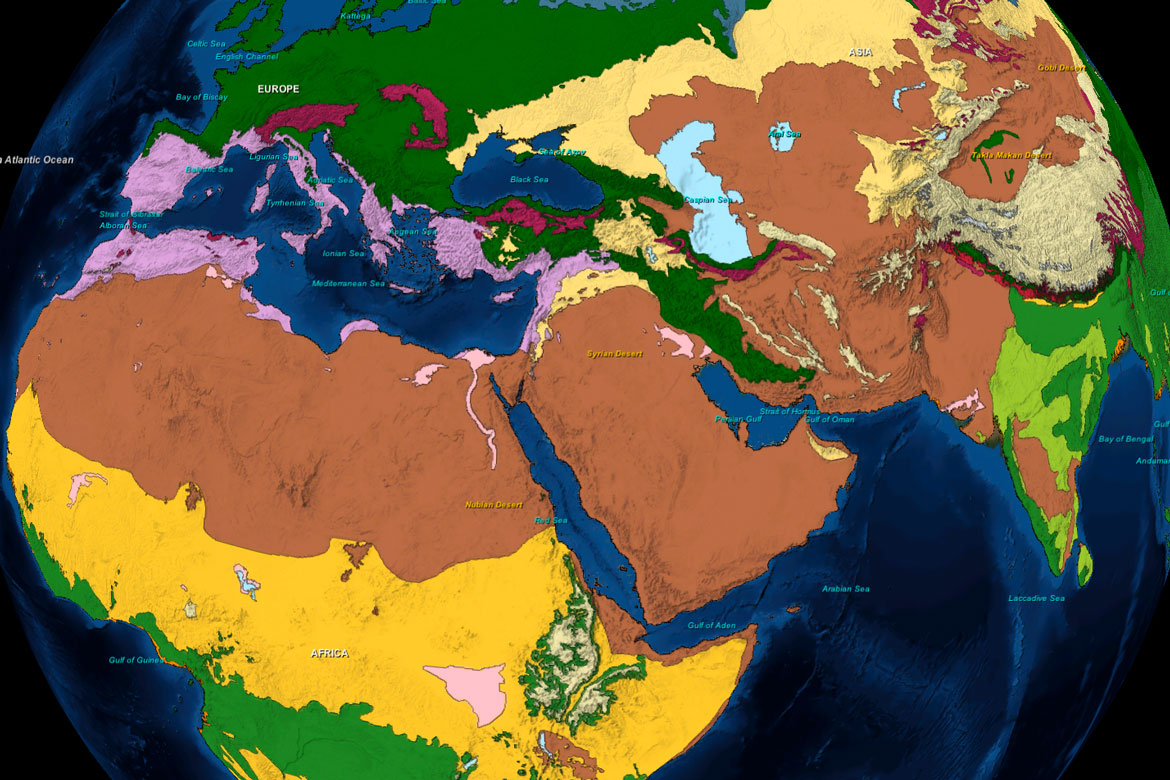 Biomes of the WorldPhysical Geography - Lesson H3Distinct Groups of Plants and Animals Adapted to their Environment
Biomes of the WorldPhysical Geography - Lesson H3Distinct Groups of Plants and Animals Adapted to their Environment -
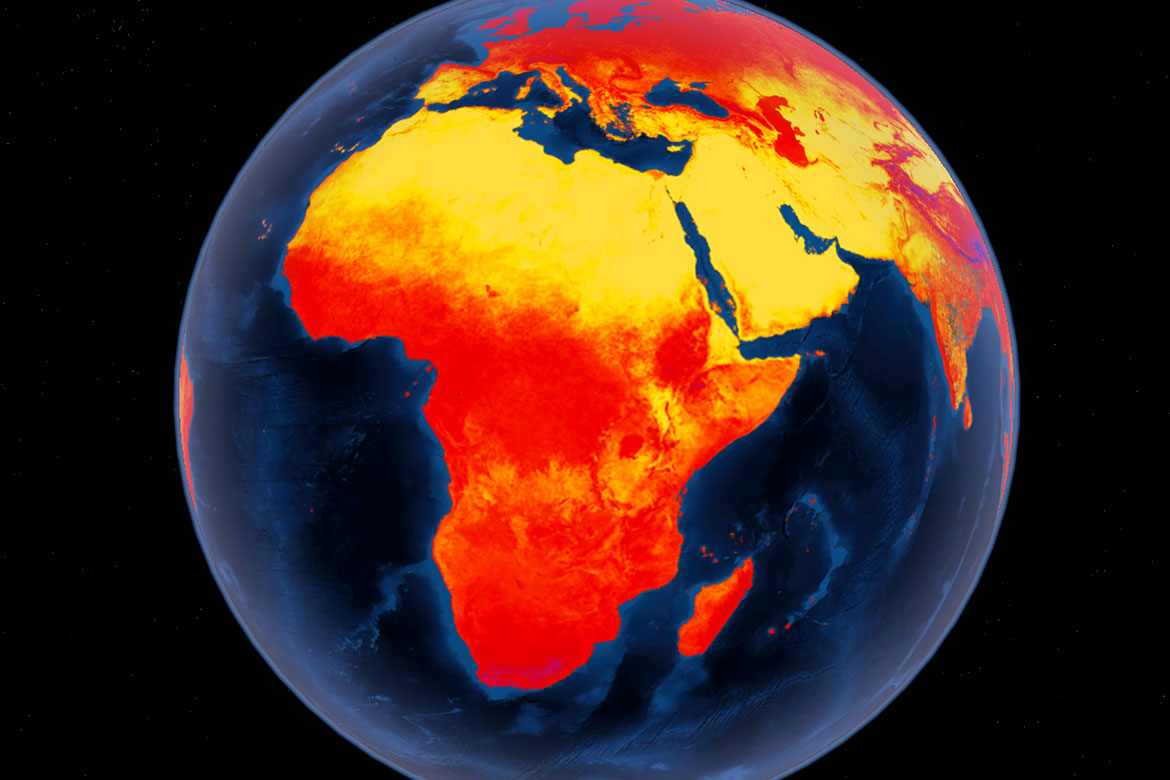 Heat Transfer in the AtmospherePhysical Geography - Lesson B4Average Land Temperatures, 2001-2010.
Heat Transfer in the AtmospherePhysical Geography - Lesson B4Average Land Temperatures, 2001-2010. -
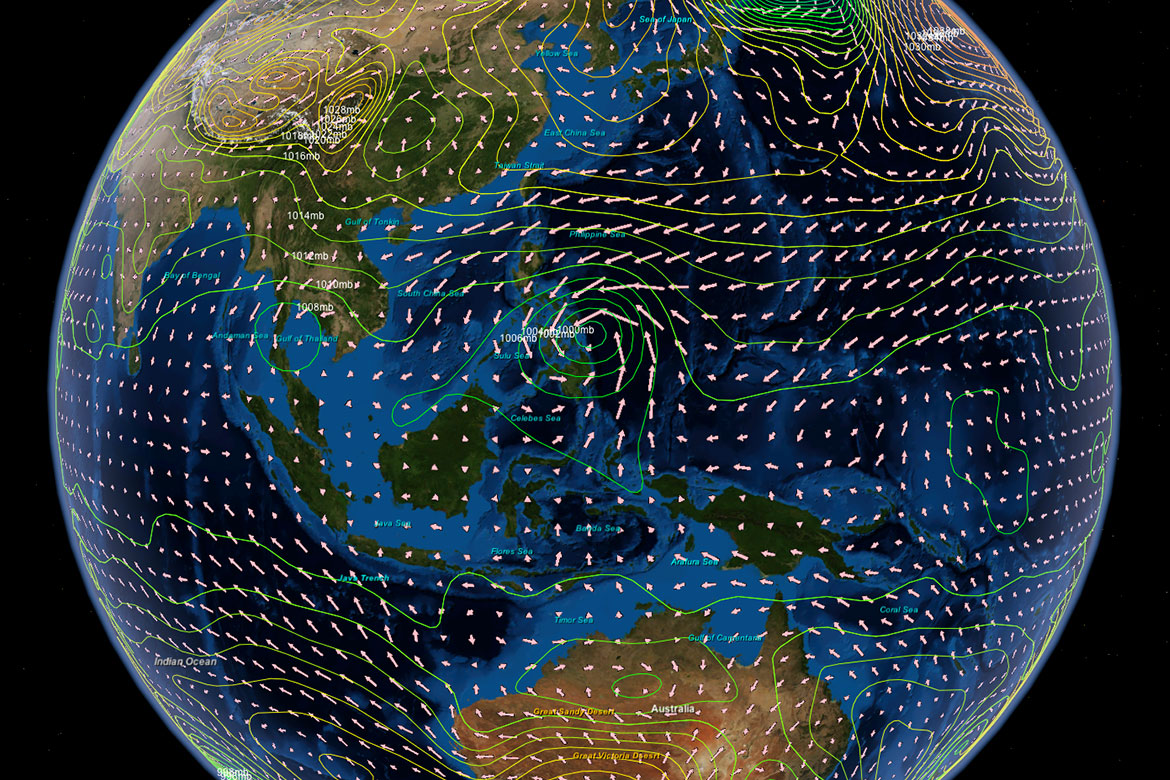 Atmospheric CirculationPhysical Geography - Lesson B8Investigating Wind Systems in the Real World
Atmospheric CirculationPhysical Geography - Lesson B8Investigating Wind Systems in the Real World -
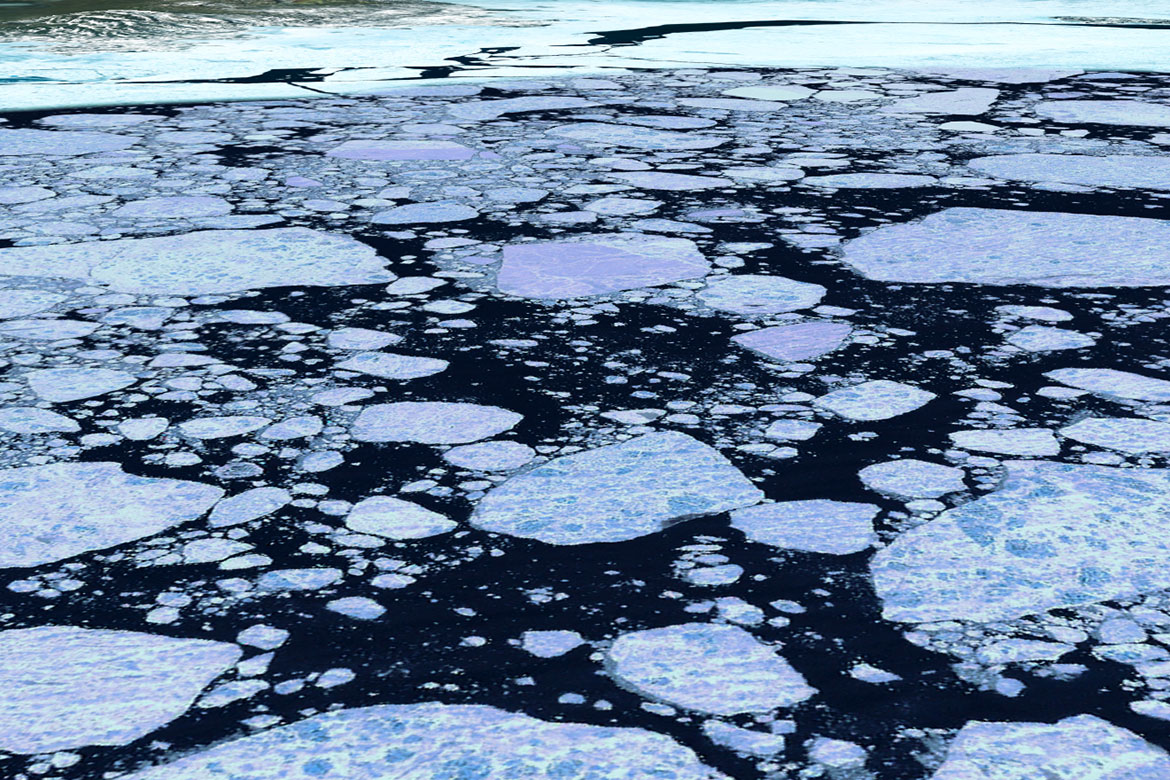 Climate Change & Global WarmingPhysical Geography - Lesson D6The gradual decrease in size of glaciers.
Climate Change & Global WarmingPhysical Geography - Lesson D6The gradual decrease in size of glaciers.

